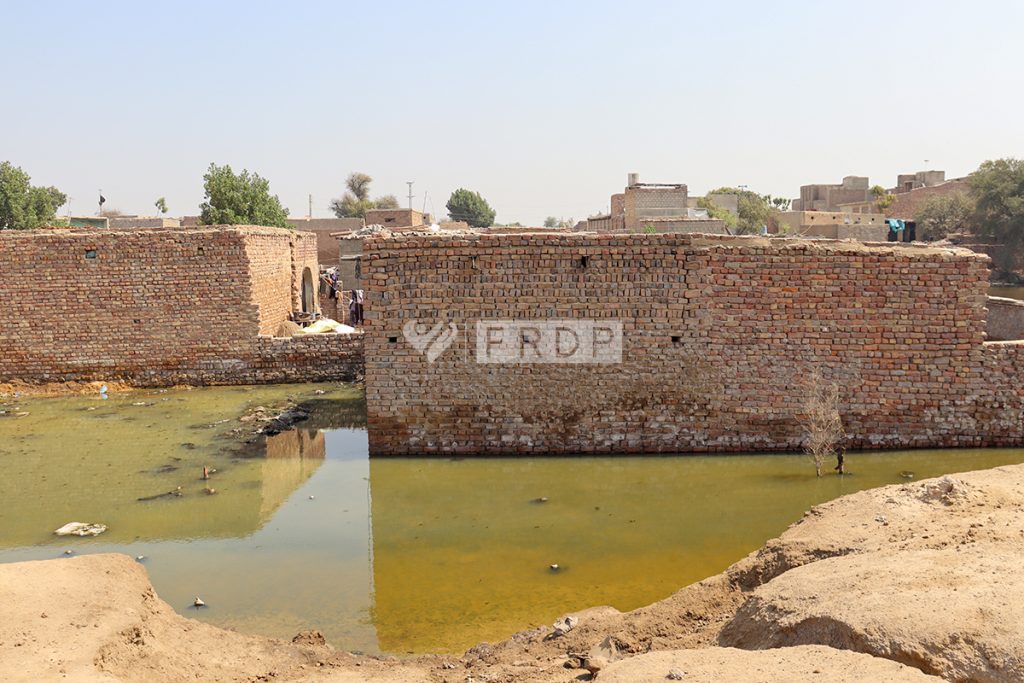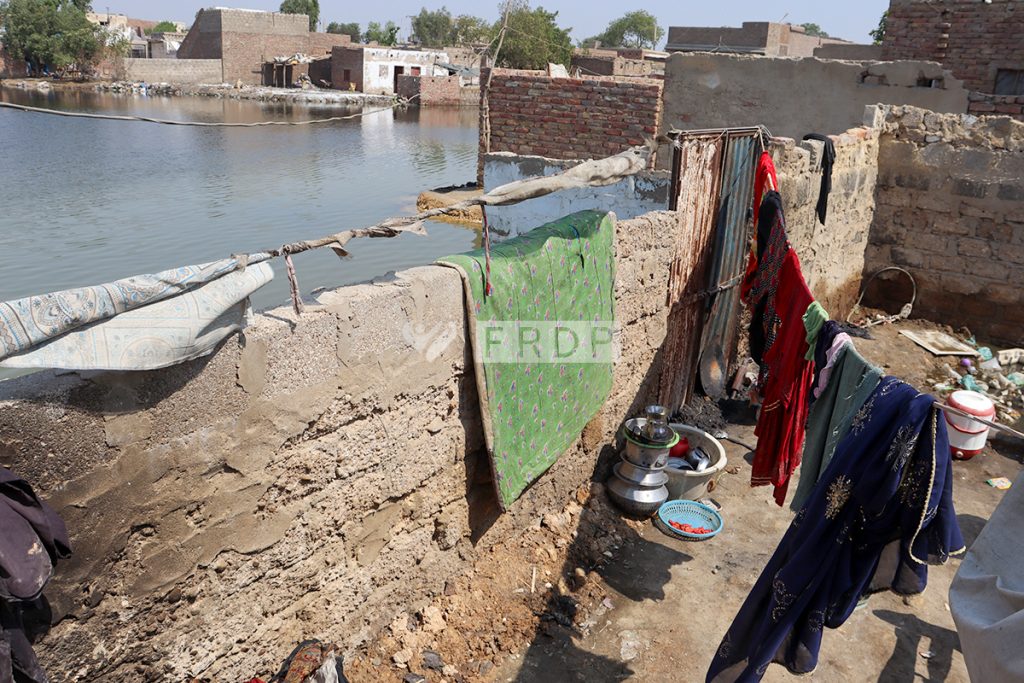
One of the main causes of Pakistan’s urban sanitation problems is a lack of investment and adopting technological solutions in infrastructure
Pakistan faces significant urban sanitation challenges that affect public health, economic productivity, and environmental sustainability. According to the World Bank, approximately 40% of Pakistan’s population lives in urban areas, the influx from rural to urban is increasing with every passing day and this figure is expected to increase to 50% by 2030. Almost all cities in Pakistan lack adequate sanitation infrastructure, resulting in a variety of problems, including poor hygiene, polluted water, and disease outbreaks.
One of the main causes of Pakistan’s urban sanitation problems is a lack of investment and adopting technological solutions in infrastructure. The government has struggled to maintain and upgrade existing sewage systems, leading to broken pipes, leaks, and clogged drains. Additionally, urban areas lack sufficient waste collection services, which results in garbage piling up on streets and in open spaces.

Lack of awareness and education about hygiene practices also contributes to poor urban sanitation
Another factor contributing to poor urban sanitation is a lack of awareness and education about hygiene practices. Many people do not understand the importance of hand-washing, waste disposal, and other basic sanitation measures. We as citizens also add value by making only the administration responsible for garbage in front of our streets. This lack of awareness can lead to the spread of diseases such as cholera, typhoid, and hepatitis.
To address these issues, Pakistan needs to implement a range of policy reforms that prioritize urban sanitation. One possible solution is to increase investment in sanitation infrastructure, including the construction of new sewage treatment plants, waste management facilities, and water supply systems. The government could also encourage private investment in sanitation infrastructure by offering tax incentives and other forms of support.
Pakistan needs to promote public awareness and education about sanitation and hygiene practices. This could involve launching public health campaigns that emphasize the importance of hand-washing, waste disposal, and safe drinking water. The government could also work with local NGOs and community groups to provide training and education programs to vulnerable populations, such as women, children, and low-income communities.
Lack of awareness and education about hygiene practices also contributes to poor urban sanitation
Pakistan should prioritize the integration of climate change considerations into its urban sanitation policies. Climate change is likely to exacerbate existing sanitation challenges, such as flooding and water scarcity, and it is crucial that policies are designed to anticipate and mitigate these impacts. This could involve investing in climate-resilient infrastructure, such as rainwater harvesting systems and wastewater treatment plants that can withstand extreme weather events.
Improving Pakistan’s urban sanitation requires a comprehensive approach that addresses infrastructure, education, and climate change considerations. By prioritizing these areas, Pakistan can ensure that its cities are healthy, productive, and sustainable places to live. Merely building toilets will not close the gaps in access to basic sanitation. This is because the sanitation value chain does not end at containment, it goes beyond that from safe removal of excreta to transportation, treatment, re-use, and resource recovery. Challenges to safely managed sanitation service delivery are highly context contingent, and have to take into account socio-economic issues, incentives, as well as the wider political economy.
FRDP (Fast Rural Development Program) is playing an essential role as a humanitarian response organization in addressing the urban sanitation challenges in Pakistan. As a non-governmental organization, FRDP believes in collaborative efforts working with the government, local communities, and other stakeholders in the development and implementation of indigenous solutions for improving sanitation infrastructure, promoting public awareness and education, and integrating technology into climate change considerations.

FRDP is collaborating with the government and private sector to support the construction of sanitation infrastructure, such as sewage treatment plants, waste management facilities, and water supply systems, in urban areas. FRDP throughout its regular programs is also working with local communities to promote public awareness and education about the importance of hand-washing, waste disposal, and other basic sanitation practices. This involves launching public health campaigns and providing training and education programs to vulnerable populations, such as women, children, and low-income communities.
FRDP also integrates climate change considerations into its sanitation initiatives by investing in climate-resilient infrastructure, such as rainwater harvesting systems and wastewater treatment plants that can withstand extreme weather events. FRDP also promotes sustainable practices, such as reducing water consumption and encouraging the productive usage of wastewater, employing renewable energy sources in schemes, and thereby mitigating the impacts of climate change on sanitation systems.
FRDP under its 2023-2028 strategic plan envisages a vital role in addressing the urban sanitation challenges in Pakistan by working with various stakeholders to develop and implement comprehensive solutions. Ensuring access to safe drinking water to populations, prioritizing water scarce areas, infrastructure, education, awareness, and climate change considerations, the FRDP team is quite positive about the creation of healthy, productive, and sustainable urban environments in Pakistan. We also are partnering with networks who help us in crowding in resources and leveraging each other’s expertise adopting and promoting localization of solutions to problems affecting society at large.
Zaheer Udin Junejo